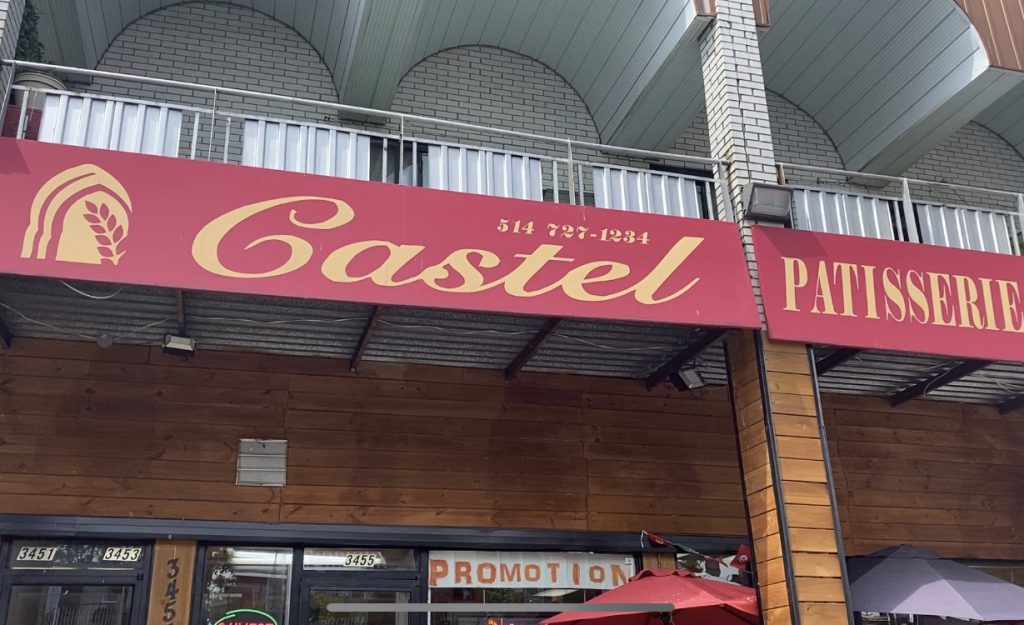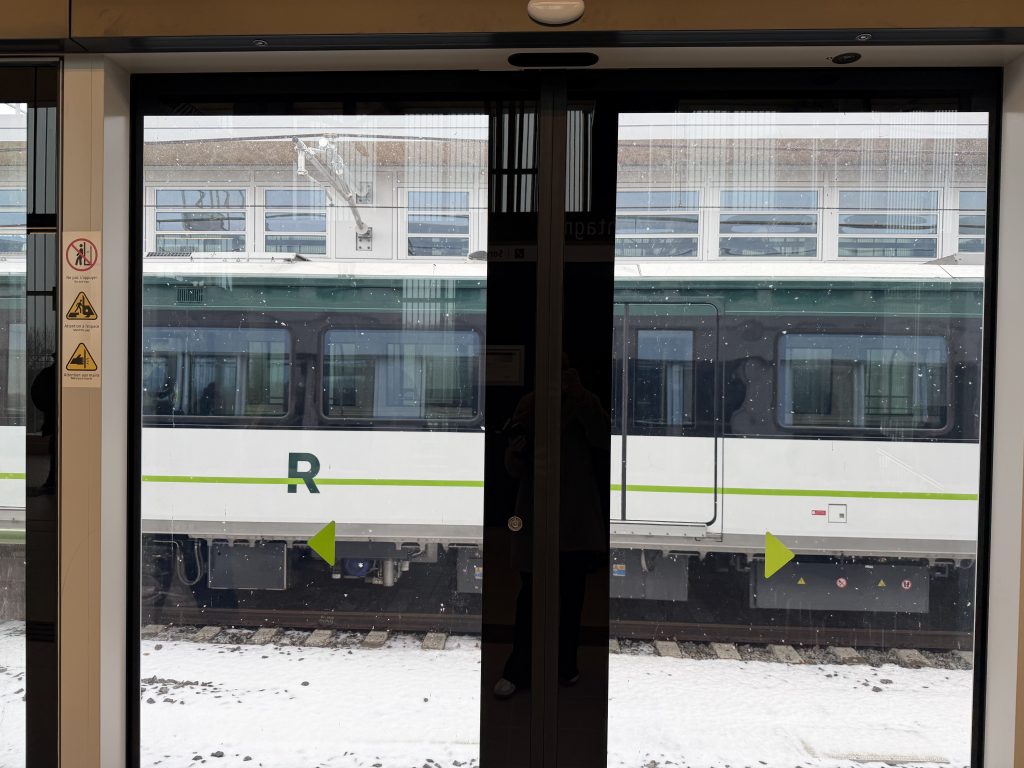Montreal’s Little Maghreb a symbol of Canada’s changing linguistic landscape

Posted August 17, 2022 4:59 pm.
Last Updated August 17, 2022 6:22 pm.
Montreal’s Little Maghreb may be a microcosm for what’s happening across the country.
Walking down Jean-Talon Street in the city’s east end, it’s not uncommon to hear Arabic, Hindi and other non-official languages.
Some people feel comfortable expressing themselves in one or two languages in addition to French and English.
BACKGROUND: Linguistic diversity on the rise in Canada: census
In fact, there’s a record number of Canadians whose mother tongue is neither English nor French, new 2021 census data has revealed.
“Especially with my parents, we speak Berber, because we are Berber origin,” said Malika Issiridir. “So we speak more Berber, and with my brothers and sisters we speak French more at home.”
“A bit of French and the Arabic language too, and my mother tongue is Kabyle,” said Farid Khaeilesh, who is from Algeria.
The number of Canadians who speak predominantly a non-official language at home rose 16 per cent, from four million in 2016 to 4.6 million in 2021. The census data shows a rapid growth in at-home languages like Arabic, Punjabi and Hindi.
“There’s many people from many countries from all over the world that come here,” said Issiridir. “So we need to speak more and more languages in Quebec.”
Preserving culture, tradition
For some, it’s a question of preserving tradition.
“Most people they speak Arabic because they want the culture, the kids… the cultures stay like that,” said Issiridir.
“My mother tongue is a language that cannot break with traditions,” said Khaeilesh. “That’s why I’m proud of my language. I am a Kabyle.”
An international student recruiter says the rise in linguistic diversity is the future for Canada.
“This is a pure demonstration of how Canada is evolving, how Canada is open to new diversified populations and how these people are retaining their values while adapting to Canadian culture and embracing the languages that we speak in Canada, which is English and French,” said Humera Khan with Logic Academic Services.
Bill 96 repercussions
But with Quebec’s tightening of its language laws with Bill 96, Khan says that may hinder those thinking of immigrating to the province.
“I am in the business of facilitating people to come to Canada, an educational pathway and immigration happens,” said Khan. “When I mention in my consultations, I come back and then as soon as they hear about it, Bill 96 and the laws pertaining to Bill 96… a lot of people from the Anglophone countries are extremely disheartened to migrate to Quebec.
“They would rather go to other places in Ontario, B.C., and that’s more promising.”








